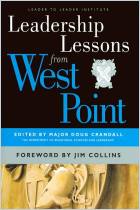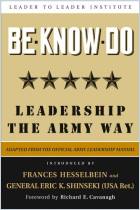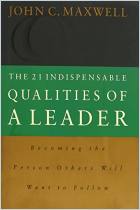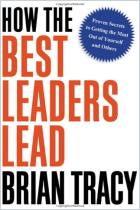
The Powell Principles
24 Lessons From Colin Powell, Battle-Proven Leader
Recommendation
Retired four-star general and former Secretary of State Colin Powell is considered one of the most respected leaders in the U.S. Author Oren Harari’s short book distills Powell’s insights about leadership. As a formidable leader who has managed battles, bureaucracies and humanitarian missions, Powell has firm ideas about how a good leader behaves. Refreshingly, some of his principles are modestly anti-authoritarian. However, Harari does not develop Powell’s background or explain how he implemented these principles during his long, varied career. Like the rules promulgated in similar books on leadership, many of these "lessons" seem arbitrary and redundant. Then again, it is interesting and useful to see how a leader of Powell’s caliber thinks. Truncated as it may be, getAbstract.com recommends this short, concise collection to aspiring leaders. It is just about enough reading material for a short plane ride, but it provides a fair share of inspiration.
Summary
About the Author
Oren Harari, Ph.D., teaches in the M.B.A. programs at the University of San Francisco. He is an international consultant in transformational leadership and competitive advantage.




















Comment on this summary or Начать обсуждение